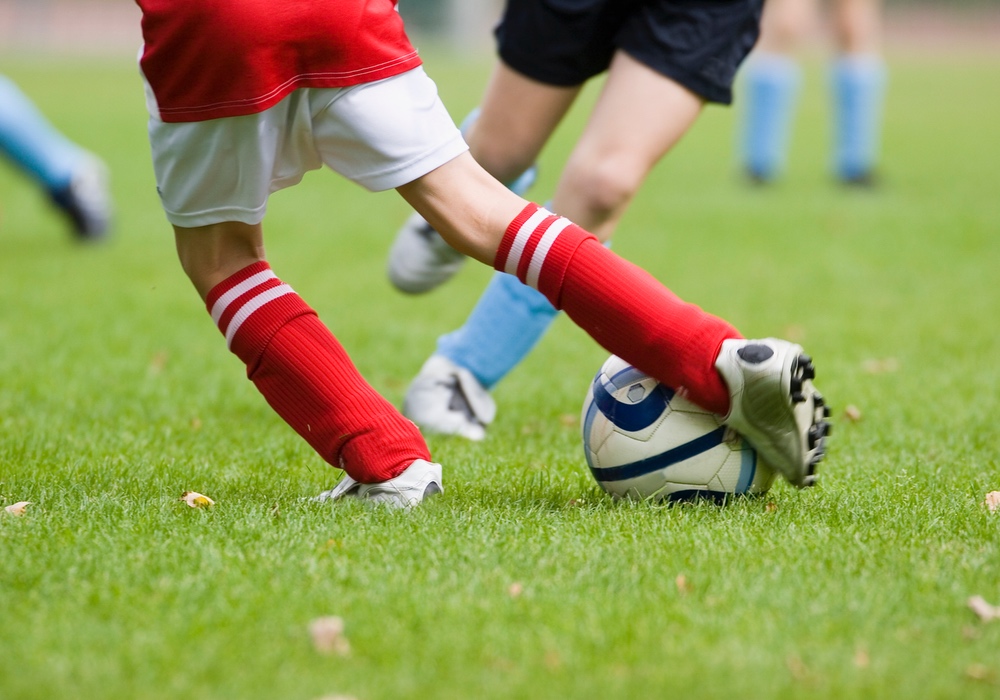For babies, mealtime isn't just about eating. They're also trying to figure out how the world works. They're watching you just as closely as you're watching them. And they're noticing a lot more than you might think.
“When babies see someone eat, they are not just learning about food — they are also learning about who eats what with whom,” said Katherine Kinzler, co-author of a study on babies and food.
Since babies can't tell us what they're thinking, developmental psychologists pay attention to what they look at longer than they look at everything else. This turns out to be novel actions and anything that doesn't fit in with their general expectations of the world. This offers a clue to what babies expect and what seems strange to them.Babies have a slightly different take when it comes to foods that might be harmful.
This worked a little differently for babies who lived in bilingual households. While monolingual babies expected people who speak different languages to like different foods, bilingual babies expected that people who speak different languages would like the same foods, suggesting that they had already developed a different view of language at this young age from babies in a monolingual household had.
The study also found that babies have a slightly different take when it comes to foods that might be harmful. They seem to expect disgust towards a food to be universally shared. When they saw a person act disgusted from eating a food, they expected that a second person would also be disgusted by that food — even if the second person were from a different social group. This may be a survival instinct, one that can help babies learn to make their own safe choices about food.
Could babies be showing us a new approach to changing some of the unhealthy eating habits of adults? Kinzler, an associate professor of psychology and human development at Cornell University, thinks that framing people's preferences for eating unhealthy foods as a social problem instead of a nutritional problem might be a useful approach.
She also advises parents to consider what signals they're sending to their children when they feed them a healthy diet but eat junk food themselves.





